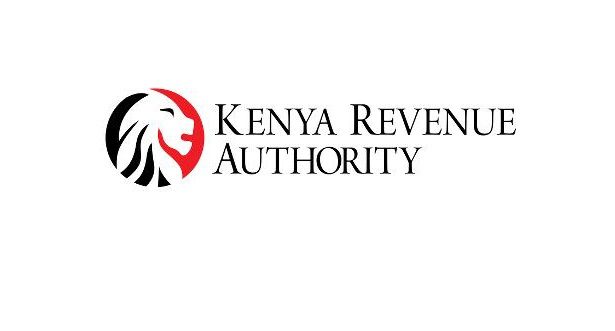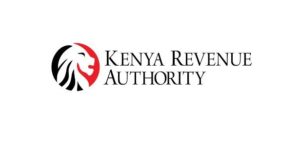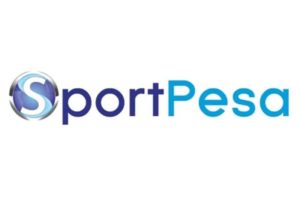The Kenya Revenue Authority (KRA) has set its sights on businesses using the Internet to market and sell products in a renewed bid to reduce revenue leakage through tax evasion.
The agency claims some of the businesses, which have invested in online channels as a means to provide services and drive sales, are neither paying taxes nor filing annual returns.
In a statement, the Kenya Revenue Authority said; “KRA would like to advise that unless income or supply is expressly exempt in the law, appropriate taxes should be paid,”.
It added that “KRA would, therefore, like to remind taxpayers that the self-assessment regime requires them to file and pay taxes.”
The revenue agency is seeking to improve tax compliance and expand the taxable population so as to collect more funds from Kenyan taxpayers. Revenue collection in the first half of 2018/2019 fell short of the targeted amount.
Businesses with an annual revenue of more than 5 million Kenyan Shillings, are by law required to register for value-added tax (VAT) obligation. They are required to charge the standard 16 percent tax on supplies, among other taxes, and remit the same to the taxman.
Those that generate less than 5 million Kenyan Shillings a year are on the flip side, obligated to pay presumptive tax at the rate of 15 percent of the annual single business permit fee issued by a county government in a law enforced in January this year (2019).
The Kenya Revenue Authority said earlier in the year, that it has invested heavily in intelligent technological systems capable of spying on transactions by businesses and homes.
Because online businesses do not have physical addresses or legal structures in the jurisdictions where they operate, it makes it easier for such ventures to evade taxes and counties which issue business permits.
The KRA has singled out taxation of the emerging digital economy, as a major problem for global revenue agencies, adding that it is a huge risk to meeting the 6.1 trillion Kenyan Shillings target in the three-year period until June 2021.
The agency says in its corporate plan for that period that “The digital economy … comes with its own set of challenges, including new business models built on mobile and Web-based transactions,”.
The government body has set up a training session for all online traders to learn about tax compliance and to get help as well, in declaring taxes.
The Kenya Revenue Authority (KRA) is also in a court battle with SportPesa over billions of Kenyan shillings in tax arrears.
The tax agency, is demanding a mind blowing 14.9 billion Kenyan Shillings from the betting firm, claiming that out of 60 billion Kenyan Shillings paid to betting winners, the firm would have withheld and remitted 12 billion Kenyan Shillings; an amount that rose to 14.9 billion Kenyan Shillings, due to the payment penalty and interest accumulated.
SportPesa on the other hand, is accusing the KRA of bullying them with intimidation and threats, on account of attracting penalties.
The betting firm further claims it gave into the KRA’s pressure and parted with 50 million Kenyan Shillings, for fear of adverse action on their business.
The Kenya Revenue Agency (KRA) has given SportPesa, a 14-day ultimatum to respond or pay.




